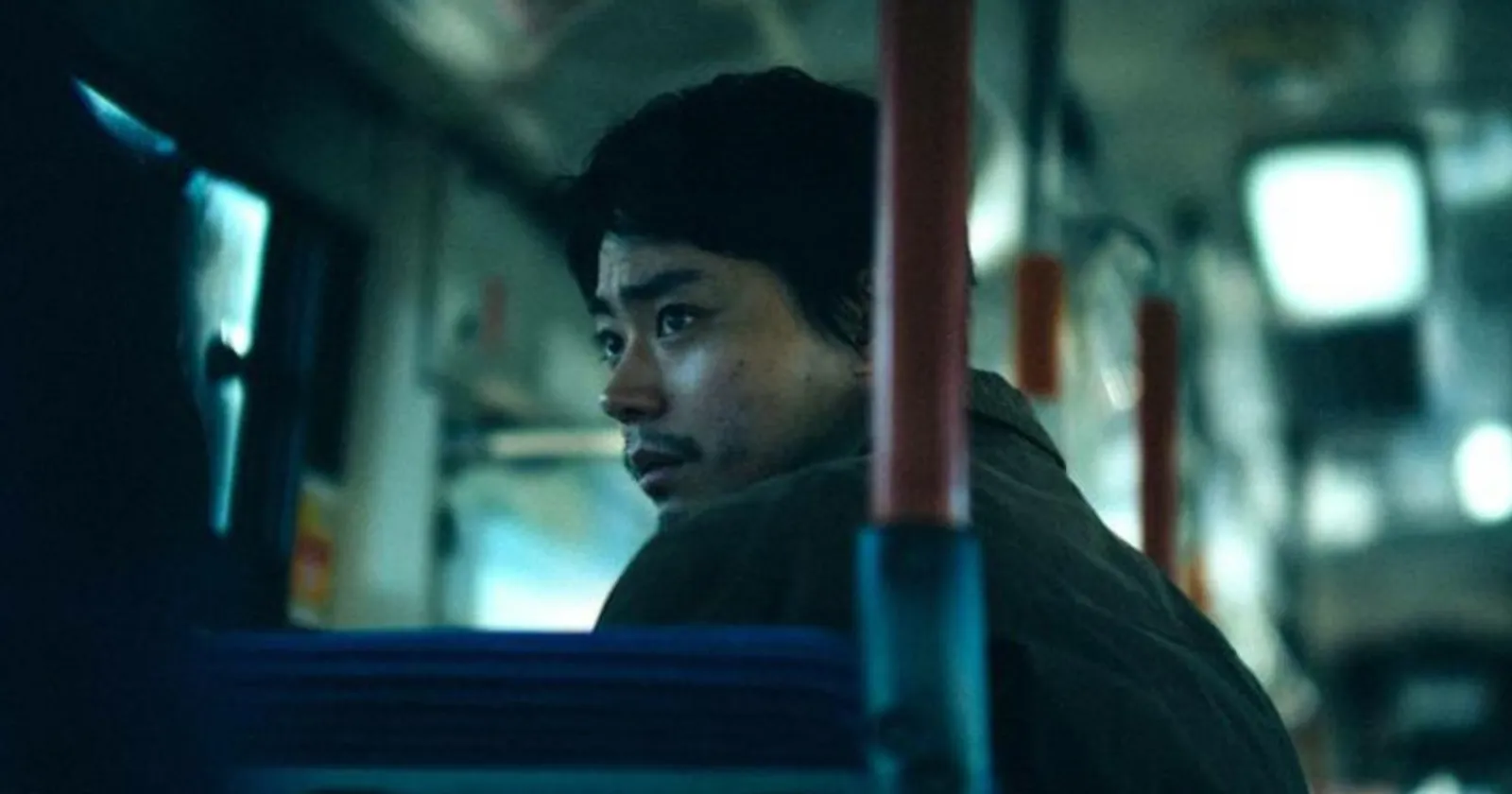Kiyoshi Kurosawa’s Cloud (2025) is a taut, unnerving slow-burn thriller that reminds us just how masterfully he captures the quiet dread of modern life. Known for his foundational work in J-horror like Cure and Pulse, Kurosawa has always operated in a unique tonal register—where isolation, societal rot, and moral ambiguity simmer just beneath the surface. With Cloud, he’s returned to that sensibility in striking form, offering something that isn’t quite horror, not quite crime, but unmistakably Kurosawa: eerie, deliberate, and steeped in existential tension.

Cloud stars Masaki Suda as Yoshii, a young man operating under the online alias “Ratel,” who turns a tidy profit flipping cheap or outright fake tech products online. It’s a hustle that’s earned him financial stability, a suburban house he shares with his girlfriend Akiko (played by Kotone Furukawa), and enough money to hire a quiet assistant named Sano (Daiken Okudaira). But this small empire built on lies doesn’t stay hidden for long. Disgruntled customers begin to piece things together, and before long, the online backlash bleeds into the physical world—first as anonymous threats, and eventually as real people showing up on Yoshii’s doorstep.
The story itself—about a scammer who underestimates the reach and rage of the digital world—might sound like familiar territory. But in Cloud, it becomes something far more chilling and introspective. Like Pulse, which used ghosts to embody the emotional disconnect of the internet age, Cloud uses online doxxing and revenge to explore the unseen consequences of digital exploitation. There are no jump scares, no monsters—only ordinary people whose grief, desperation, and anger are brought to a boil by a faceless system and the man they believe personifies it.
What makes Cloud so effective is Kurosawa’s restraint. There’s no moralizing, no flashy spectacle, just a steady unraveling of the world Yoshii has built around himself. Suda plays him perfectly—ambitious, cocky, and blind to his own vulnerability. It’s not that Yoshii is evil; it’s that he believes his actions exist in a consequence-free vacuum, something Kurosawa smartly deconstructs as the film spirals toward confrontation. Every character, from Akiko to Sano to the strangers seeking justice, feels emotionally textured and unpredictable. They each exist in a gray zone that feels grounded, which makes the escalation feel all the more believable—and haunting.
Clocking in at 124 minutes, Cloud wastes little time. It’s lean but never rushed, pulling viewers deeper into its unsettling atmosphere scene by scene. The suburban setting, a picture of quiet anonymity, becomes just as eerie as the haunted high-rises of Pulse or the crumbling institutions of Cure. Kurosawa’s trademark sense of stillness is present throughout—he doesn’t need to scream to make you feel uneasy. He simply lets the tension build in silence, in glances, in sterile rooms and cold digital interfaces.
Cloud is part of a busy period for Kurosawa, following his recent string of films like Chime—a stunning short feature—and his French-language remake of Serpent’s Path that hasn’t reached U.S. audiences yet. If Chime showed his ability to do more with less (and faster), Cloud is proof he’s lost none of his touch at full-length scale. These are films about the present moment: our relationship to technology, our economic desperation, our emotional detachment. And yet they all bear the same stamp of timeless dread that’s defined Kurosawa’s career for nearly three decades.
READ MORE MOVIE REVIEWS: Drop, Final Destination Bloodlines, F1 The Movie
We’re approaching the 30-year anniversary of Cure (1997), a film that helped define an entire movement of psychological horror. That Cloud can stand near it in thematic resonance and cinematic control is no small feat. Kurosawa continues to evolve while staying true to the minimalist, cerebral tone that made him an icon. Cloud isn’t his scariest film, nor his most overtly genre-driven, but it may be one of his most quietly devastating—a mirror held up to a digital generation, where harm doesn’t need to be physical to be permanent. It’s another triumph from a master working at his own precise, chilling frequency.
Score: 8/10
Cloud (2025)
- Cast: Masaki Suda, Kotone Furukawa, Daiken Okudaira
- Director: Kiyoshi Kurosawa
- Genre: Crime, Drama, Thriller
- Runtime: 124 minutes
- Rated: NR
- Release Date: July 18, 2025
- Movies Like Cloud: I Saw the TV Glow, Inland Empire, Presence, More Movies Like Cloud
